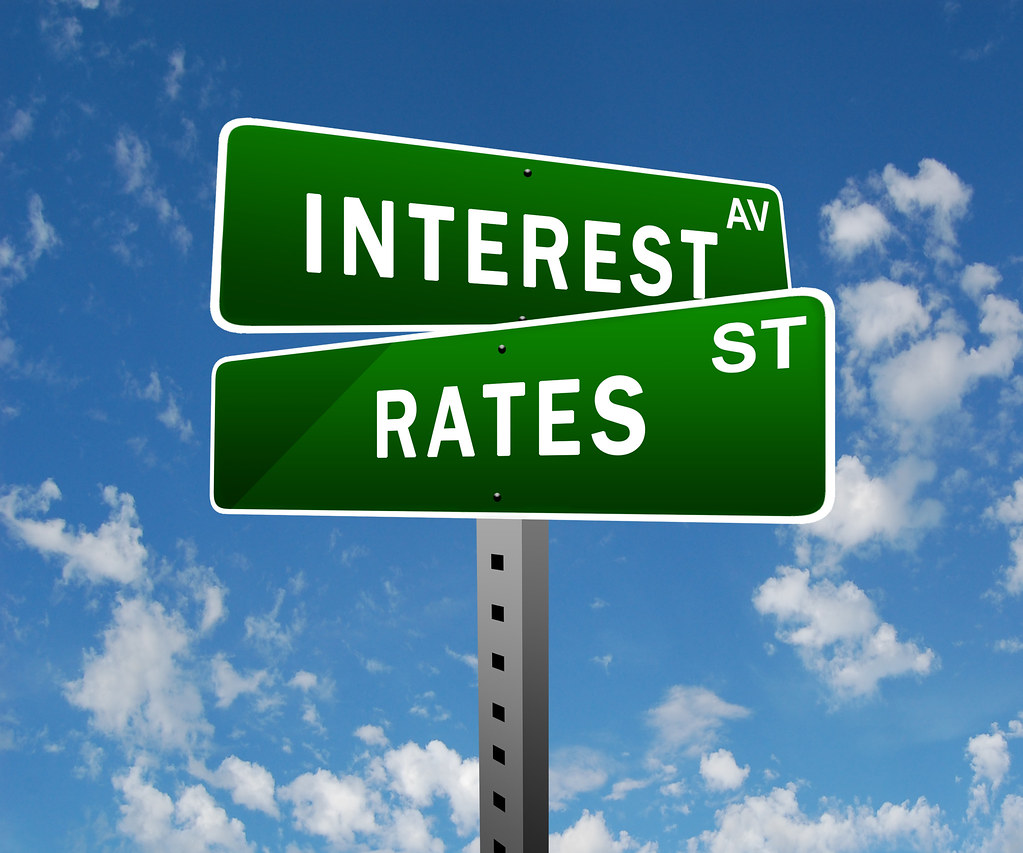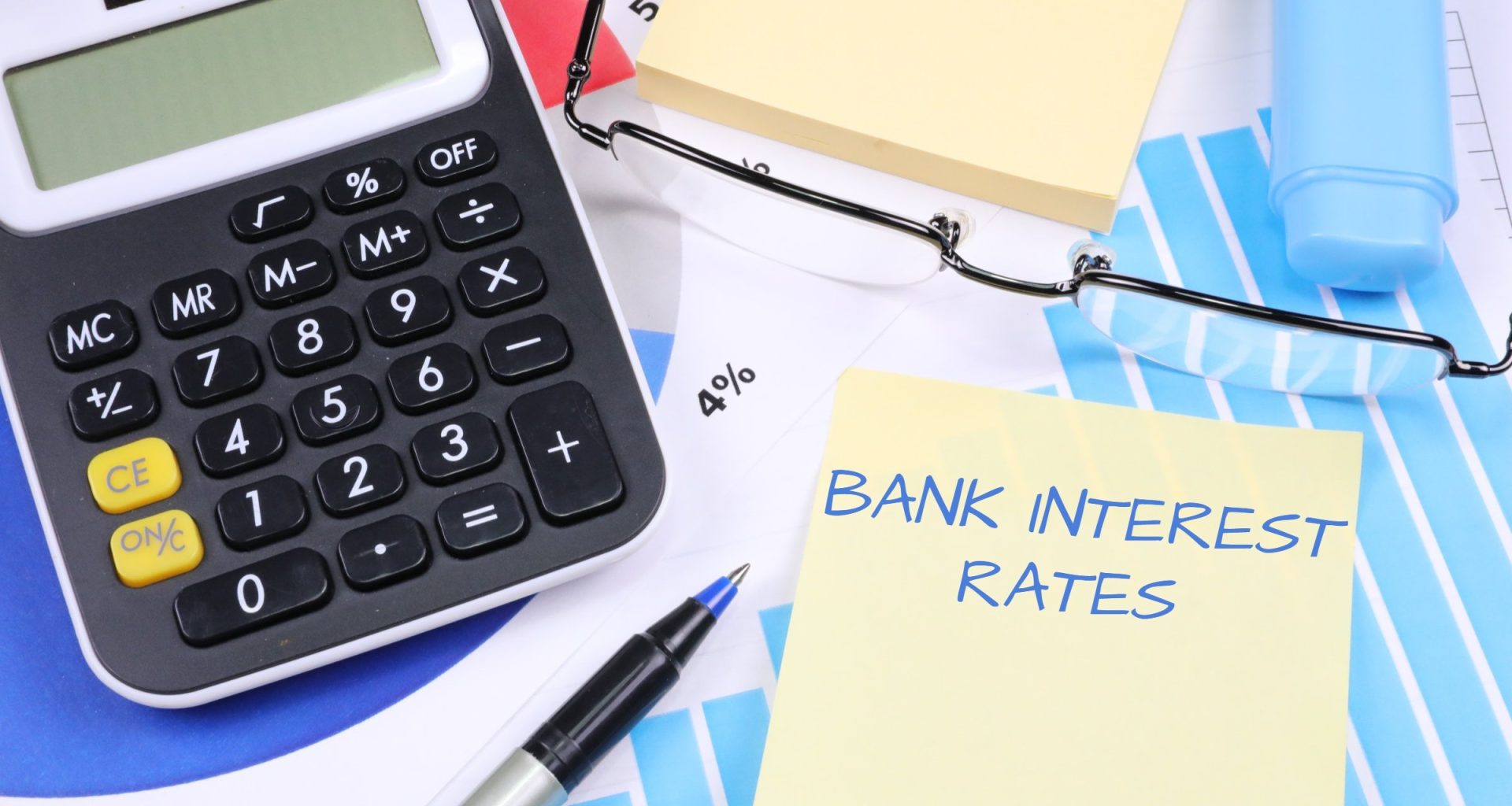Inflation and interest rates are two important concepts in the world of finance. Inflation is the gradual rise in the cost of goods and services, whereas interest rates are the cost of borrowing money or the rate of return on investment. Investors, decision-makers, and everyone else concerned with the economy need to comprehend the complex relationship between inflation and interest rates and all of its various components.
This article will give a full picture of how inflation and interest rates affect each other. We will examine the factors that affect this relationship, the impact of inflation on interest rates, policy implications, and international implications.
Relationship between Inflation and Interest Rates
Before diving into the specifics of the relationship between inflation and interest rates, it is important to understand the basics. Inflation and interest rates are closely related, but they are not the same thing. Inflation means the general increase in prices over time, while interest rates refer to the cost of borrowing money or the return on investment.

Interest rates are affected by a variety of factors, including inflation. Interest rates typically rise in response to high inflation. This is because lenders and investors want to be compensated for the reduced purchasing power of the money they are lending or investing. On the other hand, when inflation is low, interest rates tend to be low as well.
Factors Affecting the Relationship between Inflation and Interest Rates
It’s not always clear how inflation and interest rates relate to one another. This link can be impacted by a number of variables, including the money supply, economic expansion, and monetary policy.
Money Supply
One of the factors that affect the relationship between inflation and interest rates is the money supply. When the money supply increases, it can lead to inflation. This is due to the fact that there is more money available to buy the same number of goods and services, which may result in price increases.
When inflation is high due to an increase in the money supply, interest rates tend to be high as well. This is because lenders and investors want to be compensated for the reduced purchasing power of the money they are lending or investing. On the other hand, interest rates often remain low when the money supply is constrained, and inflation is low.
Economic Growth
Another factor that can affect the relationship between inflation and interest rates is economic growth. When the economy is growing rapidly, it can lead to inflation. This is because there is more demand for goods and services, which can drive up prices.
Interest rates typically rise in conjunction with high inflation levels brought on by economic expansion. This is because lenders and investors want to be compensated for the reduced purchasing power of the money they are lending or investing. On the other hand, when economic growth is slow, and inflation is low, interest rates tend to be low as well.
Central Bank Policy
Central bank policy is another factor that can affect the relationship between inflation and interest rates. The federal funds rate target and open market operations are just two of the methods that central banks employ to manage inflation and interest rates.
When inflation is high, central banks may raise interest rates to combat it. This can make borrowing more expensive, which can reduce demand and help bring inflation under control. When inflation is low, on the other hand, central banks may reduce interest rates to encourage borrowing and investment, which can support economic growth.
Impact of Inflation on Interest Rates
It is crucial to understand how inflation and interest rates interact since it has a big impact on bond prices, investment returns, and borrowing.
A. Effect on Borrowing
Inflation can have a significant impact on borrowing. Interest rates typically rise in response to high inflation. This can make borrowing more expensive, as lenders want to be compensated for the reduced purchasing power of the money they are lending. As a result, borrowers may be less likely to take out loans or may only be able to afford smaller loans. Due to the fact that investment and borrowing are significant catalysts for economic activity, this may have a detrimental effect on economic growth.
On the other hand, when inflation is low, interest rates tend to be low as well. This can make borrowing more affordable, which can encourage borrowing and investment. This can help boost economic growth and create new jobs.
B. Effect on Investment
Investments can be significantly impacted by inflation as well. Interest rates typically rise in response to high inflation. This can make it more expensive to borrow money to invest. As a result, investors may be less likely to take on new investments or may only be able to invest smaller amounts of money.
On the other hand, when inflation is low, interest rates tend to be low as well. This can make it more affordable to borrow money to invest. As a result, investors may be more likely to take on new investments or may be able to invest larger amounts of money.
C. Effect on Bond Prices
Inflation can also have an impact on the prices of bonds. Bonds are debt securities that organizations or governments issue. Existing bonds lose value as interest rates increase because investors can make more money by buying new bonds with higher interest rates. This might cause bond prices to drop.
Conversely, when interest rates decline, the value of current bonds rises because investors can no longer obtain as high of a return by purchasing new bonds that offer lower interest rates. This can lead to an increase in bond prices.
Policy Implications
There are significant policy ramifications to the correlation between inflation and interest rates. Policymakers use a variety of tools to control inflation and interest rates, including monetary policy and fiscal policy.
A. Monetary Policy Responses to Inflation
Inflation and interest rates are managed by central banks through monetary policy. The federal funds rate, or overnight lending rate between banks, is one of the key instruments of monetary policy. When the federal funds rate is low, borrowing and investment tend to be more affordable, which can help stimulate economic growth. When the federal funds rate is high, borrowing and investment tend to be more expensive, which can help control inflation.
B. Fiscal Policy Responses to Inflation
Fiscal policy can also be used to control inflation and interest rates. Government expenditure and taxation are referred to as fiscal policy. When the government spends more money or reduces taxes, it can help stimulate economic growth. However, if the economy is already growing rapidly, this can lead to inflation. As a result, policymakers may use fiscal policy to help control inflation by reducing government spending or raising taxes.
C. International Implications
The relationship between inflation and interest rates also has international implications. Changes in interest rates and inflation in one country can affect other countries through trade and financial flows. For example, if interest rates in one country rise, investors may shift their money to that country to take advantage of the higher returns. This could result in a rise in the value of that nation’s currency, which could increase the cost of exports and decrease demand for them.
Summary
Interest rates and inflation have a complicated and nuanced relationship. Understanding this relationship is crucial for investors, policymakers, and anyone interested in the economy. The factors that affect this relationship include the money supply, economic growth, and central bank policy. Inflation can have a significant impact on borrowing, investment, and bond prices. Policymakers use a variety of tools to control inflation and interest rates, including monetary policy and fiscal policy. The international implications of this relationship are also important, as changes in one country can have ripple effects on other countries. Overall, it is important to monitor inflation and interest rates closely in order to make informed decisions about borrowing, investing, and economic policy.












